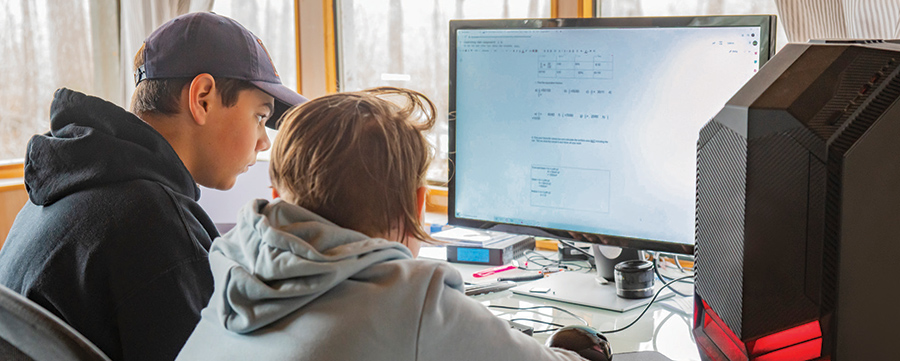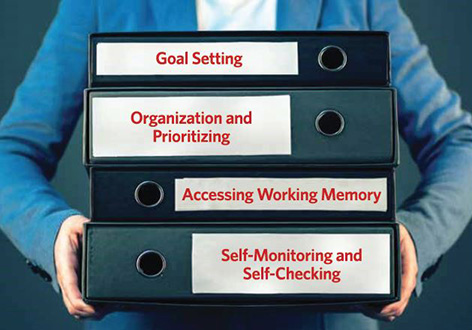IEPs, 504 plans, and the New Educational LandscapeAsk The Expert
School-Based Services for Children with ADHD
This research update focuses on an overarching question: what predicts school-based services received by children with ADHD? The first study examined specific factors related to receiving school-based services for children with ADHD, and the second study investigated school service use for children specifically with the inattentive presentation of ADHD. School-based interventions have been shown to…
Read MoreMindfulness, Stress, & Emotion Ask The Expert
Teaching Executive Skills in Middle School
The Barriers & strategies protocol In 2019, based on thousands of opinions from community members, parents, teachers, and students, the York Region District School Board in Ontario, Canada, formulated a multi-year strategic plan. While these plans can be difficult to achieve, the board recently piloted a classroom approach that moved both teachers and students in…
Read MoreSupporting Successful Transition to High School
The STRIPES Peer Coaching Program Experts tell us that ninth graders who struggle with ADHD are at an increased risk for failing classes, not finishing school, and a host of other negative outcomes down the road. They also tell us that a number of these students are not being effectively reached at school. In an…
Read MoreReplace Suspensions with Reset Rooms
A restorative practice innovation Have you spent more time in the principal’s office as a parent of a child with ADHD than you ever did as a student? ADHD is difficult to manage in school, for students and teachers. Parents dread discipline calls from school—the ones where the school notifies you that your child is…
Read MoreTailored for Young Learners: SMARTS Elementary
HOW DO WE EMPOWER CHILDREN to tackle difficult problems and achieve personal goals, both in school and in life? Lynn Meltzer, PhD, president and director of the Institutes for Learning and Development, says one possible way is to immerse them in a school culture that values, fosters, and celebrates metacognitive awareness. “Metacognitive awareness is the…
Read MoreBuilding Relationships in the Classroom
SCHOOL CAN BE A VERY LONELY PLACE for children with ADHD or learning differences. Thanks to programs like Sanford Harmony, their school lives may soon feel far more welcoming. Sanford Harmony is an innovative, social-emotional learning curriculum that provides classroom teachers with tools and strategies that help all students feel they belong and have something…
Read MoreThe Challenging Horizons Program and School Success
THE CHALLENGING HORIZONS PROGRAM is a school-based treatment model for middle- and high-school students with ADHD. The CHP specifically targets the social and academic challenges many of these students experience. Students participating in the CHP meet with staff several times during the school week and learn organization skills, study strategies, and social behaviors. Unlike some…
Read MoreADHD Treatment in School-Aged Youth
THIS RESEARCH UPDATE focuses on two related questions about youth and adolescents with ADHD. The first study aims to identify rates of ADHD treatment (in general and related to demographic and clinical factors) in a national survey. The second aims to summarize and integrate recommendations from multiple studies of school-based services across developmental levels. Which…
Read MoreSMARTS: Creating a Culture of Executive Function Strategy Users
IMAGINE MIDDLE AND HIGH SCHOOL TEACHERS teaming up with their students to create a culture that values, celebrates, and continually reinforces the use of executive function strategies not only to do better in school, but also to do better in life. It would be a dream come true for kids with ADHD and other learning…
Read MoreADHD and Criminal Justice, Part One: The Punishment Mindset and School Discipline
INDIVIDUALS WITH ADHD or similar disorders have brains that function differently, in some respects, from the brains of neurotypical individuals. To many readers of this magazine, that is well known and understood. These are our children, our students, our siblings, our parents, and even ourselves. But there are many people who interact with individuals with…
Read More









